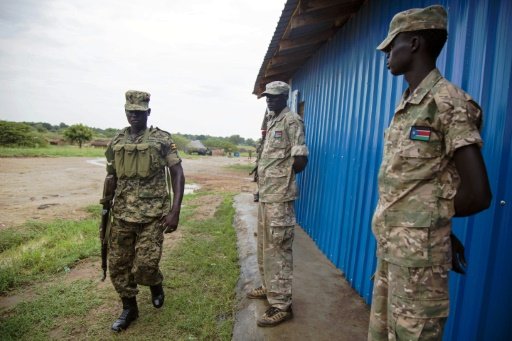New York- A confidential U.N. report is warning that the war in South Sudan has reached “catastrophic proportions for civilians” and the rise of militias risks spinning out of control, fueling fighting for years to come.
U.N. Secretary-General Antonio Guterres said in the report obtained by Agence France Presse that civilians were fleeing villages and towns “in record numbers” and that the danger of mass atrocities “is real”.
“The security situation continues to deteriorate in parts of the country and the consequent impact of this ongoing conflict and violence, has reached catastrophic proportions for civilians,” Guterres wrote.
“The rise of militias under the loose command of the SPLA or rebel commanders is spreading the fragmentation and dislocation of its territories, which risk, if this trend continues, remaining out of any government control for years to come,” said the report.
After gaining independence from Sudan in 2011, South Sudan descended into war in December 2013, leaving tens of thousands dead and more than three million people displaced.
Meanwhile, the U.N. Office for the Coordination of Humanitarian Affairs (OCHA) said about 5.2 million people are facing food insecurity in South Sudan, or nearly half of the population.
The figure includes 4.9 million South Sudanese and 260,000 refugees from Sudan, Congo and Ethiopia, who have been in South Sudan for about five years, OCHA spokesman in South Sudan, Frank Nyakairu, told German news agency (dpa) by phone.
Dry spells and flooding attributed to climate change have hampered farming, but the lack of food is also largely due to a military conflict that has ravaged the country since December 2013 and displaced 3.4 million people.
“The humanitarian situation in South Sudan has deteriorated dramatically due to the devastating combination of conflict, economic decline and climatic shocks,” said Eugene Owusu, the U.N. humanitarian coordinator for South Sudan.
